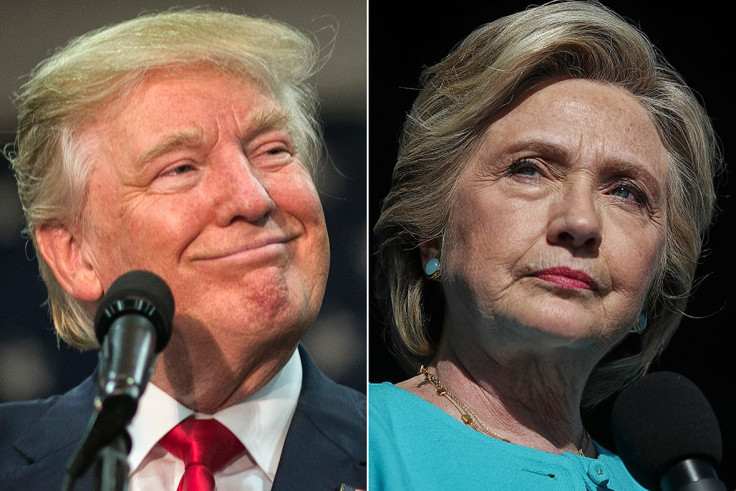Forget Trump vs Clinton for a moment — the battle for Congress matters much more
Whoever wins the election will be boxed in by a sceptical Congress and dogged by the prospect of court cases.
I've never known Americans to be so glum about a presidential election. They are an enthusiastic and upbeat people; but even the most optimistic among them are struggling to find much to cheer about as the campaign closes.
Many Democrats regard Hillary Clinton as a shill for corporate interests who, like her husband, has somehow managed to use public office to amass vast private wealth. Many Republicans believe their party has been the victim of a hostile takeover from a thin-skinned, narcissistic, foul-mouthed, bullying oaf.
As the National Review's Kevin Williamson puts it: "We have, in a fit of national madness, nominated as our major-party candidates two of the worst of us, two people who are morally and intellectually unfit for the office of the presidency — or for any other office of public trust."
In the final hours of the campaign each candidate has fallen back onto just one argument: "Stop the Other". To adapt the Basque philosopher Miguel de Unamuno, America is divided between the Anti-Zedders, who support X and the Anti-Exers, who support Z.
It's tempting to see the nominations as an indictment of the system: one party seized by big business, the other by demagoguery. I've questioned some of my assumptions, having for a long time advocated open primaries in Britain as a way to make Parliament more representative and to tilt the balance of power from executive to legislature, from Whips to voters, from state to citizen. Can I truly remain sanguine about a device that has produced this unappetising contest?
Yes, for two reasons. First, no system is perfect. Even the best electoral method in the world is bound to produce occasional duds. The really extraordinary feature of American democracy is not that this is a ghastly election; it's that such a thing hasn't happened before. Most people in most countries would gladly have swapped their system for the American at any time in the past century.
Second, and related to the first, the defects of the candidates matter far less than they would in most places. The President of the United States is not in the same position as the President of Uganda or Uruguay or Ukraine. Power in the US is dispersed, decentralised and divided. Neither President Trump nor President Clinton would expect an easy ride from Congress. Indeed, both could easily face impeachment.

Most overseas coverage of the presidential election (and, indeed, much American coverage) disregards, not only the separation of powers, but the relatively limited role of the federal government vis-à-vis the 50 states. It's extraordinary that there should be so much emphasis on, say, where Trump and Clinton stand on abortion, when the President has no authority in that field.
The constraints on executive power did not come about accidentally. They were the primary purpose of the American constitution. You might almost say that the authors of that constitution had Donald Trump, or someone very like him, in mind when as they deliberated. They knew very well what happens when power is concentrated in the wrong hands. America exists because they were determined to prevent it happening again.
Who will win? Having spent a bit of time in the US over the past two months, I'd say Hillary, if only on grounds that Trump seems to have had a very inexact grasp of which the key states are. But it matters less than you might think. Whoever wins will be boxed in by a sceptical Congress, and constantly dogged by the prospect of court cases.
While log-jammed government is not nearly as awful a prospect as pundits tend to think, the American government does need to make some reforms. In particular, it needs to get on top of the federal debt, now nearly $20 trillion. It is, in a sense, extraordinary that either candidate should have spent election campaign talking about any other issue.
Then again, the Founding Fathers knew what they were doing when they put Congress in article one of the constitution and the Presidency in article two. It is for the legislature to restore order and sanity to federal spending. That's why, this time, it's the Senate and Congressional races that count.
Daniel Hannan has been Conservative MEP for the South East of England since 1999, and is Secretary-General of the Alliance of European Conservatives and Reformists
© Copyright IBTimes 2025. All rights reserved.





















